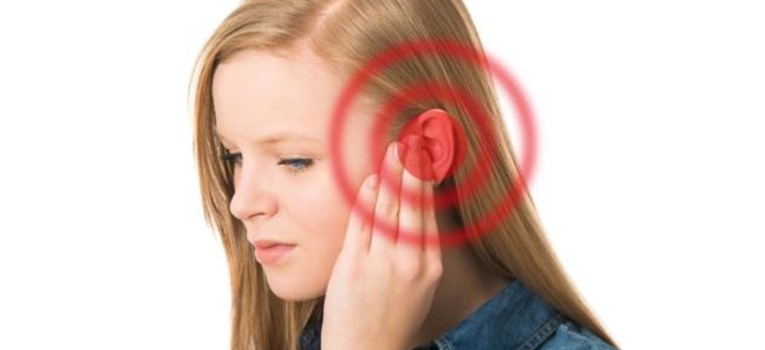Often in our daily life, you would have experience the spinning movement of environment due to dizzy spells. When you get the feeling that the whole of you is moving then it is regarded as subjective vertigo whereas the sensation in which the whole surrounding seems to be moving then it is termed as objective vertigo. If you are suffering from vertigo you may feel that the whole world is spinning in front of you.
What actually lead to Vertigo?
Reasons in the inner Ear Causing Vertigo- The main reasons behind this problem are as follows:
- BPPV- Benign Paroxysmal Positional Vertigo happens due to deposition of canaliths or calcium particles in inner ear canals. The signal about the whole body including head is sent by inner ear in relation to gravity. It helps in the maintenance of your body’s balance. There is no specific reason behind the occurrence of this problem. It may have some connection with aging the process.
- Labyrinthitis (Vestibular neuritis) – a viral infection of the inner ear result in this problem. A feeling of sensational inflammation occurs around the inner ear nerves. This nerve is solely responsible for maintaining the balance of body sense and hence a slight inflammation could result in a great disturbance.
- Meniere disease- this disorder in the inner ear is a result of fluid buildup and fluctuating pressure inside the ear. The result of this disorder could be really dangerous. One could suffer from tinnitus or continuous ringing sensation in the ear or the problem of hearing loss.
Some other reasons that cause Vertigo:
There are some common problems that could be associated with this problem, like,
- Tumor in brain
- Brain stroke
- Neck injury
- Head injury
- Adverse effect due to a certain medication.
- Migraine
Vertigo Symptoms
Often vertigo is associated with the head’s position. Generally, those who are having this problem complain of:
- Swaying
- Spinning
- Unbalanced
- Tilting
- One direction pull
There are certain other symptoms which could be associated with Vertigo, like:
- Sweating
- Headache
- Nauseated feeling
- Nystagmus or abnormal movements of eye
- Ringing sensation in the ear
- Hearing loss
There is no fixed tenure of these symptoms. From few minutes to few hours, and for even more time it may continue.
How should Vertigo be treated?
First step is to visit an ENT Specialist, who may advise a team based approach of consulting ophthalmologist, Orthopedic, physician and if required neurologist.
Most crucial is to find out the cause of vertigo specially certain treatable causes.
Few cases may respond to general measures and at home exercises to strengthen other parts of balance system and adaptability of brain. But in some of the patients medical or surgical management is necessary.
- Vestibular rehabilitation- the vestibular system is recovered through this physical therapy. This system is solely responsible for delivering signals about the movement of head and body to the brain related to gravity. It is suggested in case of repeated vertigo attacks as it trains other four senses to fulfill the responsibility.
- Medicine- during medication a patient can complain about motion sickness or nausea related to vertigo. Steroids or antibiotics may help if it has caused due inflammation or infection.
- Surgery may or may not be needed.
- Canalith repositioning Maneuvers- a set of specific movements of head and body for BPPV are set by American Academy of Neurology to shift the calcium deposit from the canal to the inner ear.
- Meniere patients are advised water pills or diuretics to control fluid buildup.
For any serious problem, it is always advisable to consult your physician or ENT doctor as they can suggest you the best.




